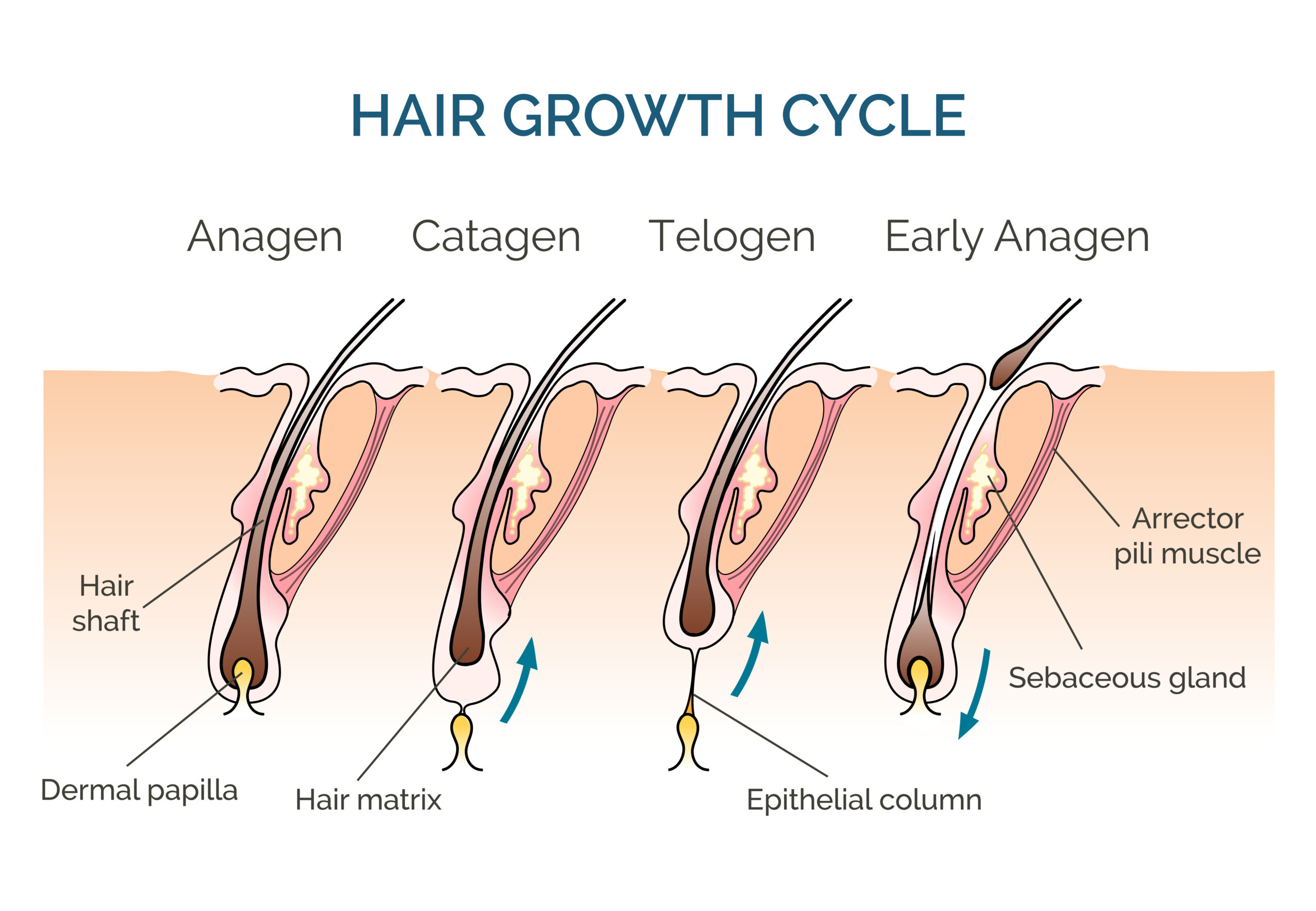As per a study, when it comes to making decisions from the mind or emotions, it’s the emotions that always win. Emotions are the driving force in human beings. Scientifically, they arise from the activation of specialized neuronal populations in several parts of the cerebral cortex, including the amygdala.
Feelings are conscious, and the emotional experience of these activations contributes to the neuronal network. It’s the neural network that governs our thoughts, languages, and behaviors.
In other words, emotions play an important role in life. However, for some individuals, the prospect of happiness is met with an uneasy feeling of fear. “Something bad follows when you are too happy” or “Pursuing happiness may actually make you unhappy.” Have you heard someone say these words?
It’s a classic struggle, often going unspoken and undisclosed. One more thing, this reveals a paradoxical psychological phenomenon: the fear that surfaces when good things happen to anxious people.
Quick Question: What is the fear of happiness called?
Cherophobia
Let’s dive deep into it:-
The fear of happiness, though paradoxical, is often deeply rooted in the complex landscape of the human psyche. According to the study, individuals with anxiety often feel that a shadow casts itself even on moments of joy and success. For these individuals, the anticipation of positive results often triggers a unique form of apprehension, eventually leading to the development of internal conflict.
Possible Roots of the Fear
Fear of Rejection: One of the underlying factors contributing to the fear of happiness is the fear of rejection. Anxious individuals may find it more challenging to embrace positive experiences fully. There is always a looming concern of potential disappointment or loss that overshadows the joy they should be feeling.
Imposter Syndrome: Those plagued by anxiety may also battle with imposter syndrome, a modern-day phenomenon where individuals, especially creators, doubt their accomplishments and live in fear of being exposed as a fraud. Both success and happiness can become a source of discomfort as they perceive themselves as undeserving or incapable of enjoying positive feelings.
Confronting Sameness: Believe it or not, anxiety always thrives in the familiar territory of worry and uneasiness. The unfamiliar terrain of happiness and success almost every time triggers discomfort simply because it’s unfamiliar.
How to overcome the phobia of happiness?
To begin with, the best way is to understand emotions in the first place. Unlike reflexes – automatic and uncontrollable narrowly-tuned responses to specific stimuli – emotions emerged and were selected in evolution because they better address problems of adaptation to a constantly changing environment.
Here are three ways you can overcome cherophobia:-
Cultivating Mindfulness: Begin each day with a mindfulness practice. It can be one of the greatest instruments in helping individuals confront and navigate their fear of happiness. Simply staying present in the moment when emotion emerges and acknowledging them is the best way.
CBT Practices: There are professional counselling and therapy options that can provide a safe space for individuals suffering from this phobia. With professional assistance, you can explore the roots of your anxiety and fear of happiness.
Self-Love: Lastly, developing a sense of self-compassion is key to happy living in the post-pandemic world. Learning to treat oneself and others with kindness and understanding, especially during moments of success and conflicts, can be a game-changer.
Last $Word
When the fear of happiness, particularly when experienced over a period of time, can lead to difficulty in completing daily chores. Acknowledging and understanding your emotions can pave the way for compassionate intervention that empowers individuals to embrace joy without succumbing to the shadow of anxiety. Keep in mind, when this psychological conundrum happens, take a deep breath and let go!









